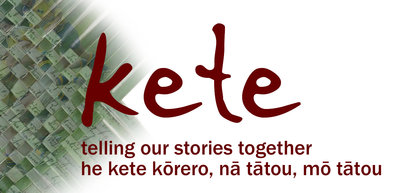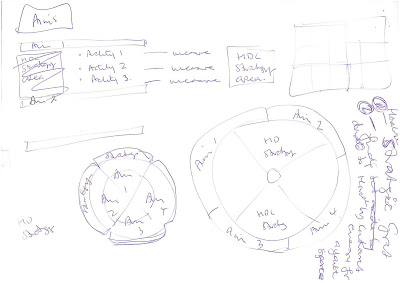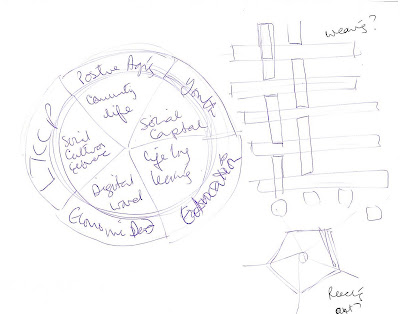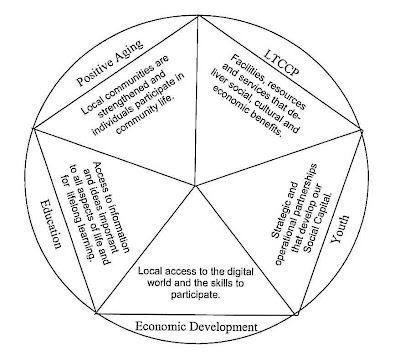 NDF was terrific last week but I have come back with a mission around Kete.
NDF was terrific last week but I have come back with a mission around Kete.Kete is a very cool open source product that encourages the collection of informal local content. It was developed by us back in 2007 with Digital Strategy funding and is available to anyone who wants it - for free.
A number of public libraries are now using it around the world and in New Zealand, including APNK ones. Now here's my beef: Kete needs some love.
Many of us got given Kete for free but that doesn't mean it is for free. There is a cost to keeping Kete useful and relevant going forward into the future and if you got it for free in the first place maybe its time you started contributing to its upkeep and development. Libraries could start by asking themselves a few questions:
- Do we believe in the importance of developing collections of local digital content?
- Do we believe in the value of informal or community created local content?
- How much do we spend each year supporting our library management systems?
- How much have we contributed this year to help develop Kete?
- How much effort have we made to contribute in other ways to the Kete project? ie ideas for development, identifying new technologies and considering how they can be incorporated? building a Kete community of users etc?
- How much value do we attach to Kete as a means to gather informal community content?
- Can we afford to buy another product?
- What would that product be?
The reality is that none of us have done much at all to support Kete in a practical sense. It was designed in 2007; it is 4 years old and I know there are many advances in the digital arena that have passed us by. For instance, I want to be able to easily upload images, video and sound captured on my cellphone, I want to be able to share it easily on twitter, flickr, facebook etc, I want a 'new' user interface that is really modern and user-friendly and inviting, I want streaming video, I want a tool to easily create 'things' using Kete content.
All software needs continual refreshing and updating in order to keep pace with the expectations of our users and Kete is no different. with the collective talents of those of us using Kete it should absolutely rock!
Now is the time to step up and start showing a bit of love to this really useful tool. Many of us are preparing budgets for next year. How about making a commitment by budgeting to contribute to a development fund (we'll work out the mechanics of spending it later), then identify a person or 2 who can contribute ideas on how to improve Kete. From there we delegate a working group to get those changes made - and paid for - and lets make Kete 2.0 an objective for 2012.










